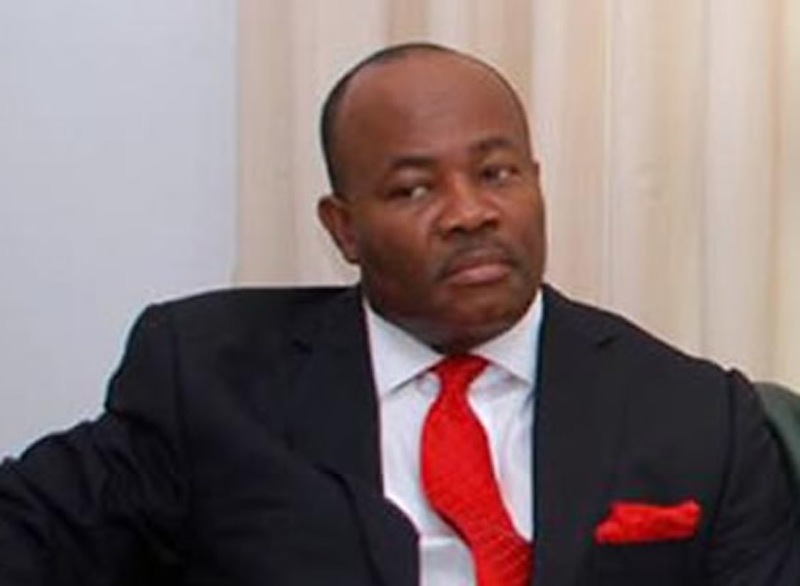Yesterday at the senate chambers, Senator Natasha Akpoti clashed with the senate president, Godswill Akpabio over seating arrangements with Akpabio or
Yesterday at the senate chambers, Senator Natasha Akpoti clashed with the senate president, Godswill Akpabio over seating arrangements with Akpabio ordering the sergeant at arms to escort Natasha out the hallowed chambers.
The incident got Nigerians divided with many in support of Natasha over what they considered the constant bullying of female senators by the senate president in the past. Not a few are in support of Akpabio. These set of people believe that the office of the senate president must be respected regardless of what the issues are.
Well it turns out that about six years ago, on October 17, 2018, Akpabio himself did the very thing he asked that Natasha be removed from the senate. He clashed with Bukola Saraki, the senate president at the time, over the seating arrangement at the upper chamber.
The disagreement between Akpabio, representing Akwa Ibom north-west, and Saraki led to a rowdy session at the senate.
The disagreement started when Albert Akpan, the senator representing Akwa Ibom north-east, accused the All Progressives Congress (APC) of plotting to foment trouble during the 2019 governorship election in the state.
Akpabio sought to respond to the allegation using the microphone of Ali Ndume, senator representing Borno south, since the microphone on his seat was not functioning.
However, Saraki insisted that Akpabio moves to a different seat with a functioning microphone, which had been assigned to him by the clerk.
Saraki refused to allow Akpabio to speak using the microphone attached to Ndume’s seat. But Saraki’s directive to the lawmaker plunged the senate into a rowdy session.
Amid the controversy, the senate’s clerk said when he assigned a seat with a functioning microphone to Akpabio, the senator said he would prefer the seat without a functioning microphone.
Akpabio had then asked Saraki to resign from his position since the APC had the majority of seats in the upper chamber.
